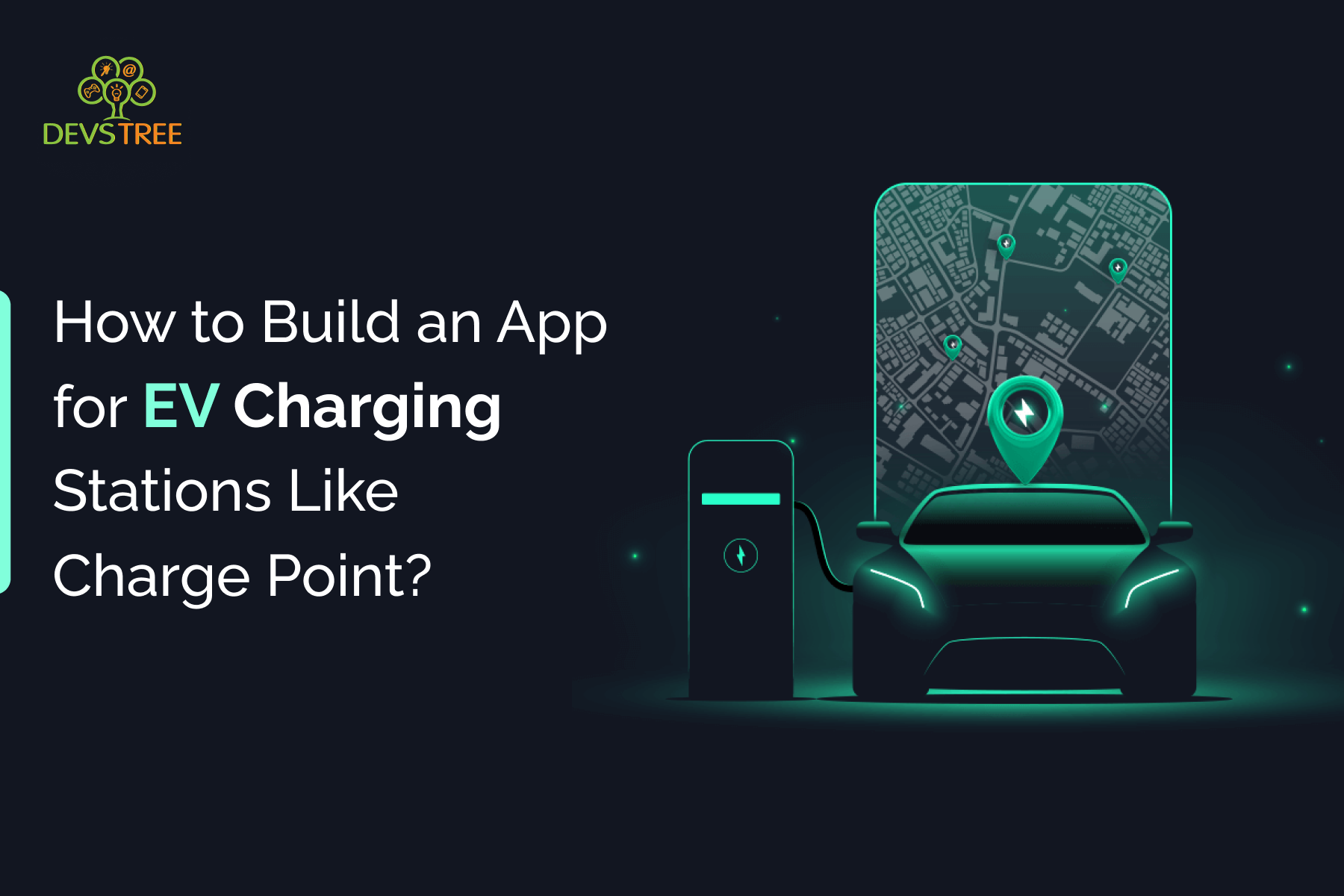
As electric vehicles (EVs) gain popularity, the demand for reliable and efficient EV charging apps is rising. Apps like ChargePoint help users locate, book, and pay for charging stations seamlessly. If you’re looking to build an EV charging app, this guide will walk you through the key steps, costs, and benefits of development.
Steps to Build an App for EV Charging Stations
Market Research and Planning
Before starting development, conduct thorough research on your target audience, competitors, and market trends. Understanding user needs will help shape your app’s features and functionality.
Define Key Features
Your EV charging app should include essential features such as:
User Registration & Profiles – Allow users to create accounts and save preferences.
Real-time Station Locator – Show nearby charging stations on a map.
Booking & Reservations – Let users book charging slots in advance.
Payment Integration – Support multiple payment methods.
Usage History & Reports – Provide users with data on their charging sessions.
Push Notifications – Alert users about station availability and updates.
Admin Panel – Manage stations, users, and payments efficiently.
Choose the Right Technology Stack
Selecting the right tech stack is crucial for a smooth and scalable app. Common choices include:
Frontend: React Native or Flutter for cross-platform development.
Backend: Node.js or Django for handling data and user requests.
Database: Firebase, PostgreSQL, or MongoDB for storing user and station data.
APIs: Google Maps API for location services and Stripe/PayPal for payments.
Develop a Prototype
Create a wireframe or prototype to visualize the app’s layout and user experience. This helps in refining the design and making necessary changes before full-scale development.
App Development & Testing
Develop the app in phases, starting with a Minimum Viable Product (MVP). Conduct rigorous testing to ensure smooth performance, security, and user-friendliness.
Launch & Maintenance
Once the app is ready, launch it on app stores and start marketing. Regular updates and maintenance are essential for security, bug fixes, and feature enhancements.
Cost of EV Charging App Development in the UK
The development cost of an EV charging app in the UK depends on various factors such as complexity, features, and development team location. Here’s an estimated cost breakdown:
Basic App (MVP): £20,000 – £40,000
Mid-Level App: £40,000 – £70,000
Advanced App with AI & IoT Features: £70,000 – £150,000
Additional costs may include cloud hosting, third-party API integrations, and maintenance expenses.
Benefits of EV Charging App Development
Convenience for EV Owners
An EV charging app makes it easy for users to find and book charging stations, reducing wait times and improving accessibility.
Business Growth for Charging Station Owners
Station operators can attract more customers, manage bookings efficiently, and increase revenue.
Promotes Sustainability
Encouraging EV adoption contributes to a cleaner environment and reduced carbon emissions.
Monetization Opportunities
The app can generate revenue through subscription plans, in-app advertisements, and commission from charging sessions.
Enhanced User Experience
Features like real-time tracking, seamless payments, and notifications improve user satisfaction and retention.
Conclusion
Building an EV charging app like ChargePoint requires careful planning, the right technology, and a user-centric approach. While development costs can vary, the benefits make it a worthwhile investment. Whether you’re a start-up or an established business, an EV charging app can help you tap into the growing EV market while promoting sustainability.
Need expert assistance in building your EV charging app? Get in touch with a professional app development team today!

